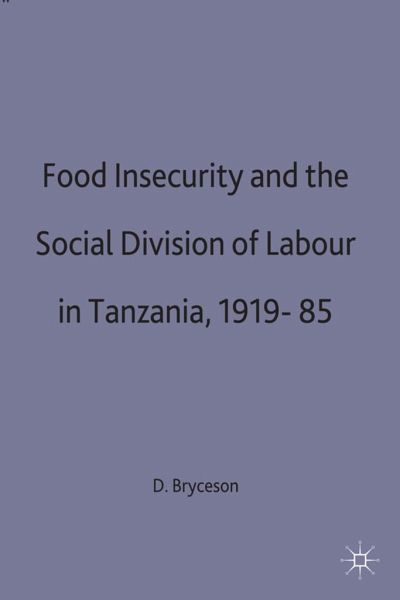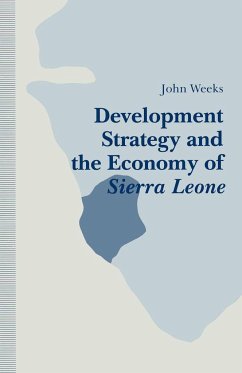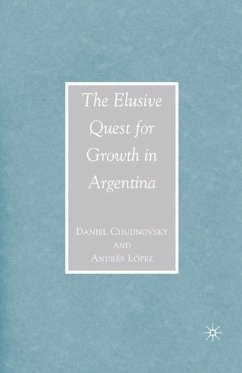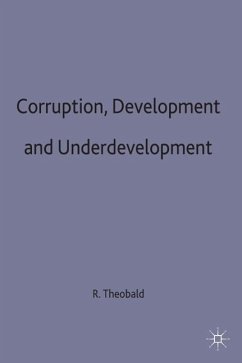
Food Insecurity and the Social Division of Labour in Tanzania,1919-85

PAYBACK Punkte
38 °P sammeln!
Most studies of famine and the African food crisis stress how the socio-economic context influences the occurrence of food shortages. By contrast, this book argues that food insecurity itself influences the social and economic organization of the society. Through this approach, the author provides a new interpretation of the causes and consequences of Tanzania's present economic crisis. The book examines the effects of changing food availability on the functioning of the state, the market and clientage networks, over the past seven decades. The conclusion is that clientage is no less important...
Most studies of famine and the African food crisis stress how the socio-economic context influences the occurrence of food shortages. By contrast, this book argues that food insecurity itself influences the social and economic organization of the society. Through this approach, the author provides a new interpretation of the causes and consequences of Tanzania's present economic crisis. The book examines the effects of changing food availability on the functioning of the state, the market and clientage networks, over the past seven decades. The conclusion is that clientage is no less important than the state and market as an organizational force in Tanzanian society, and, under heightened food insecurity, the state and market lose ground to clientage.














